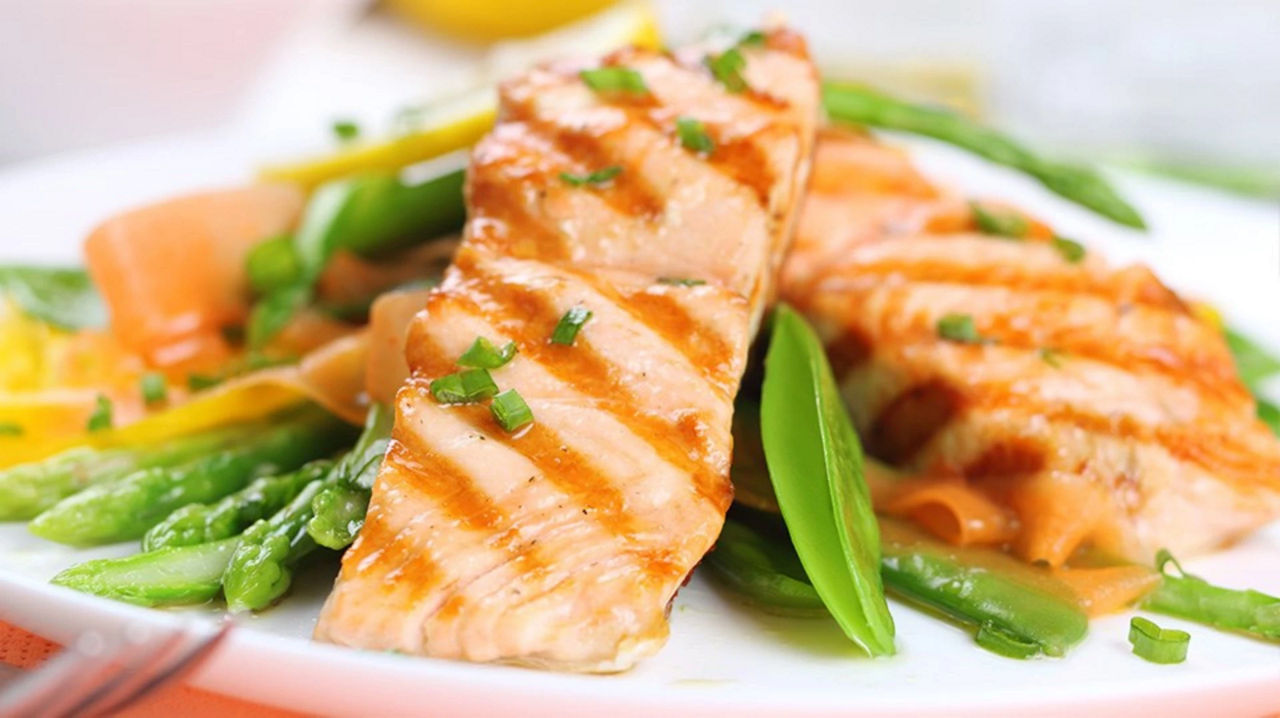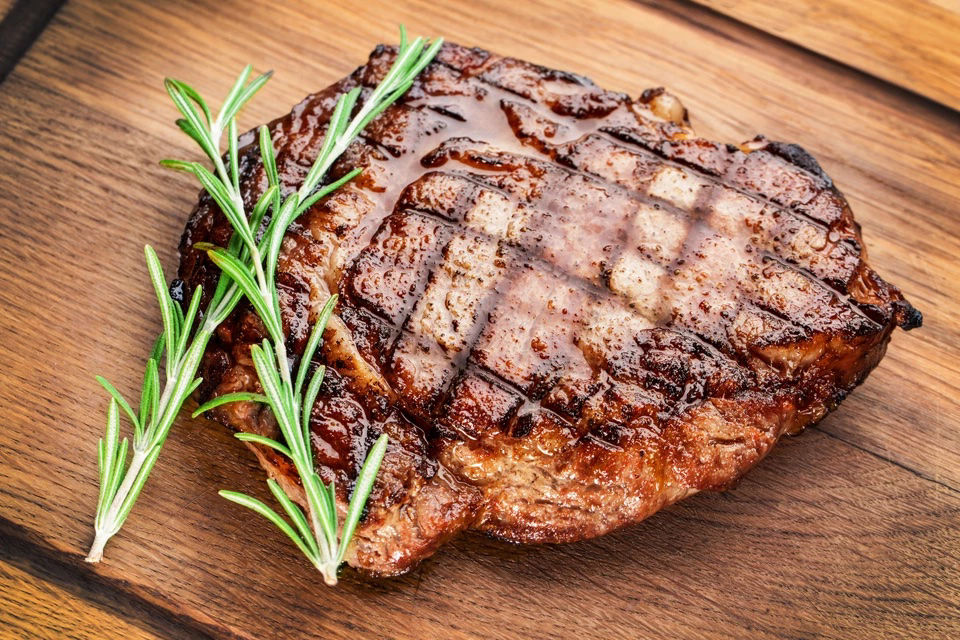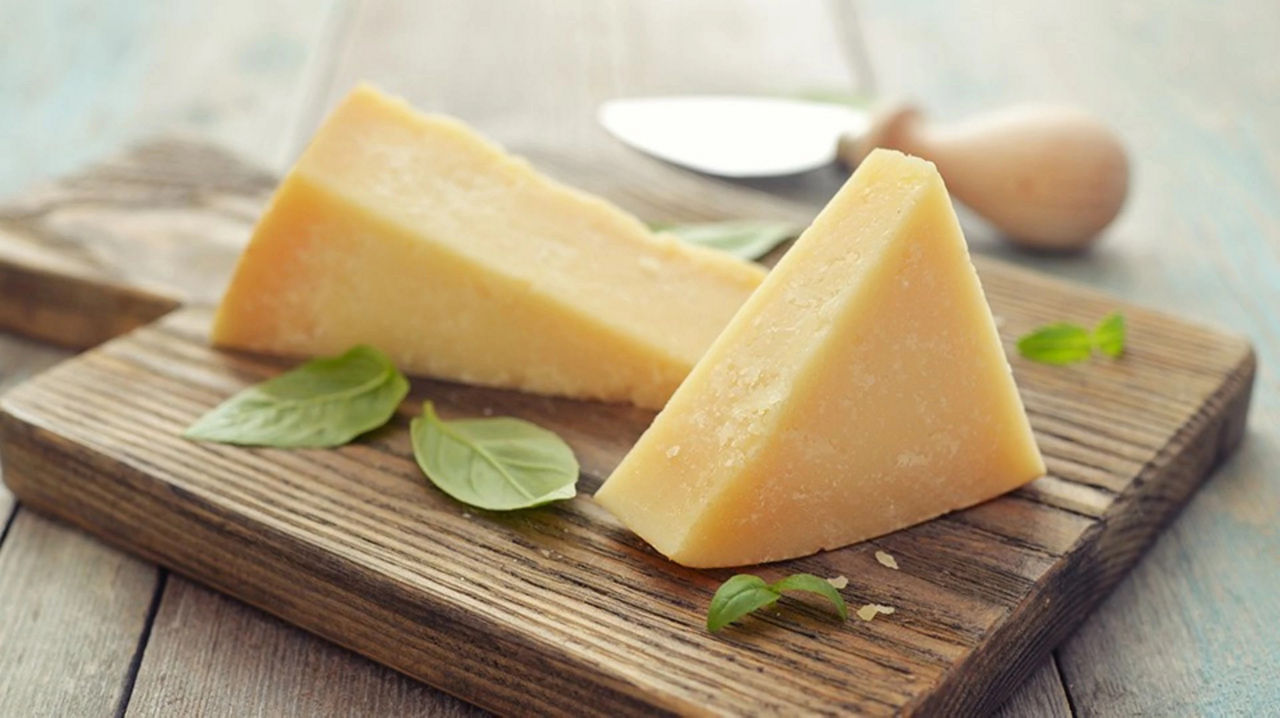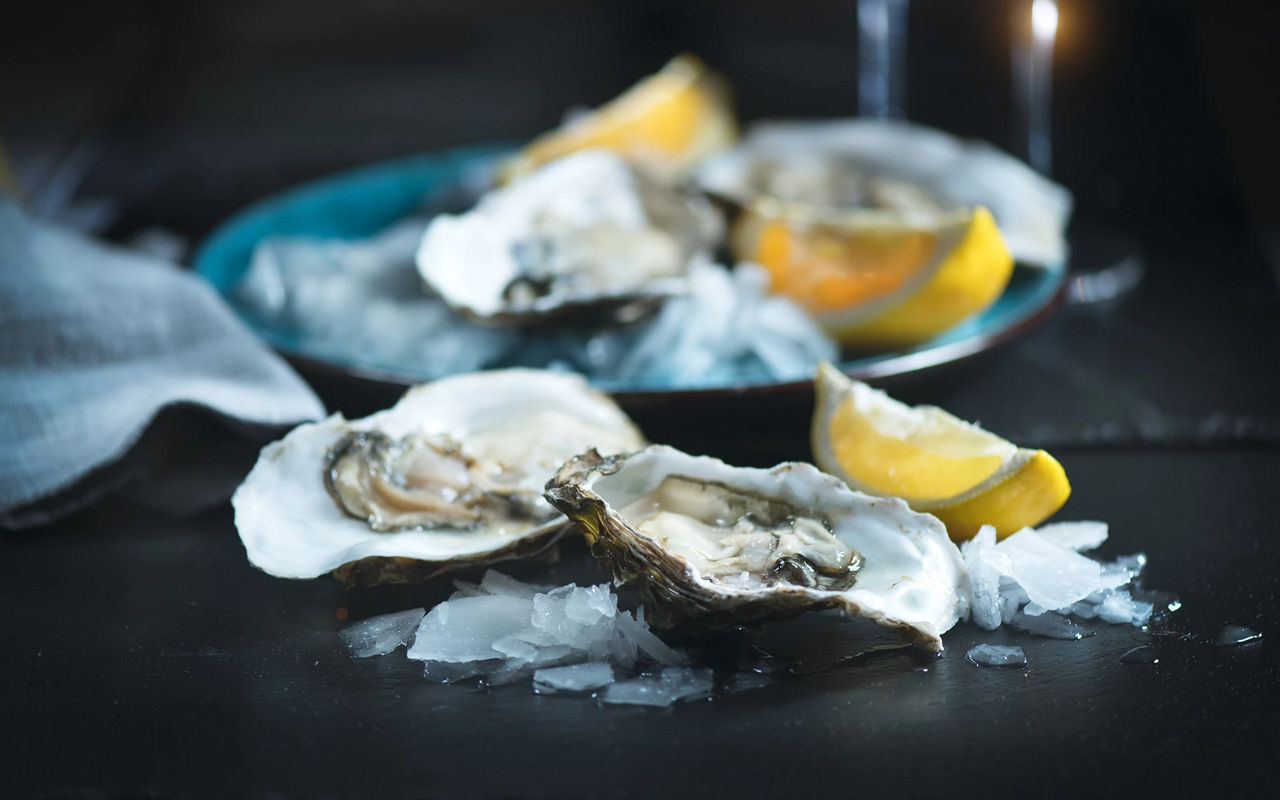Whilst there are some foods that you’ll need to avoid during your pregnancy, most fish are safe to eat during pregnancy. So, if this is a food you enjoy, there’s no need for you to miss out on some of your favourite dishes.
Rich in omega 3 fatty acids and other nutrients, eating fish when pregnant is known to support foetal development, including brain development and that of the eyes1 and nervous system2. However, it’s important to know that there are some types of fish that you should avoid during your pregnancy, and others that you should only eat now and again.
In this article, we’ll be exploring the various nutritional benefits of eating fish for you and your baby, which types of fish are best avoided, and which ones you should be adding to your healthy pregnancy diet.





